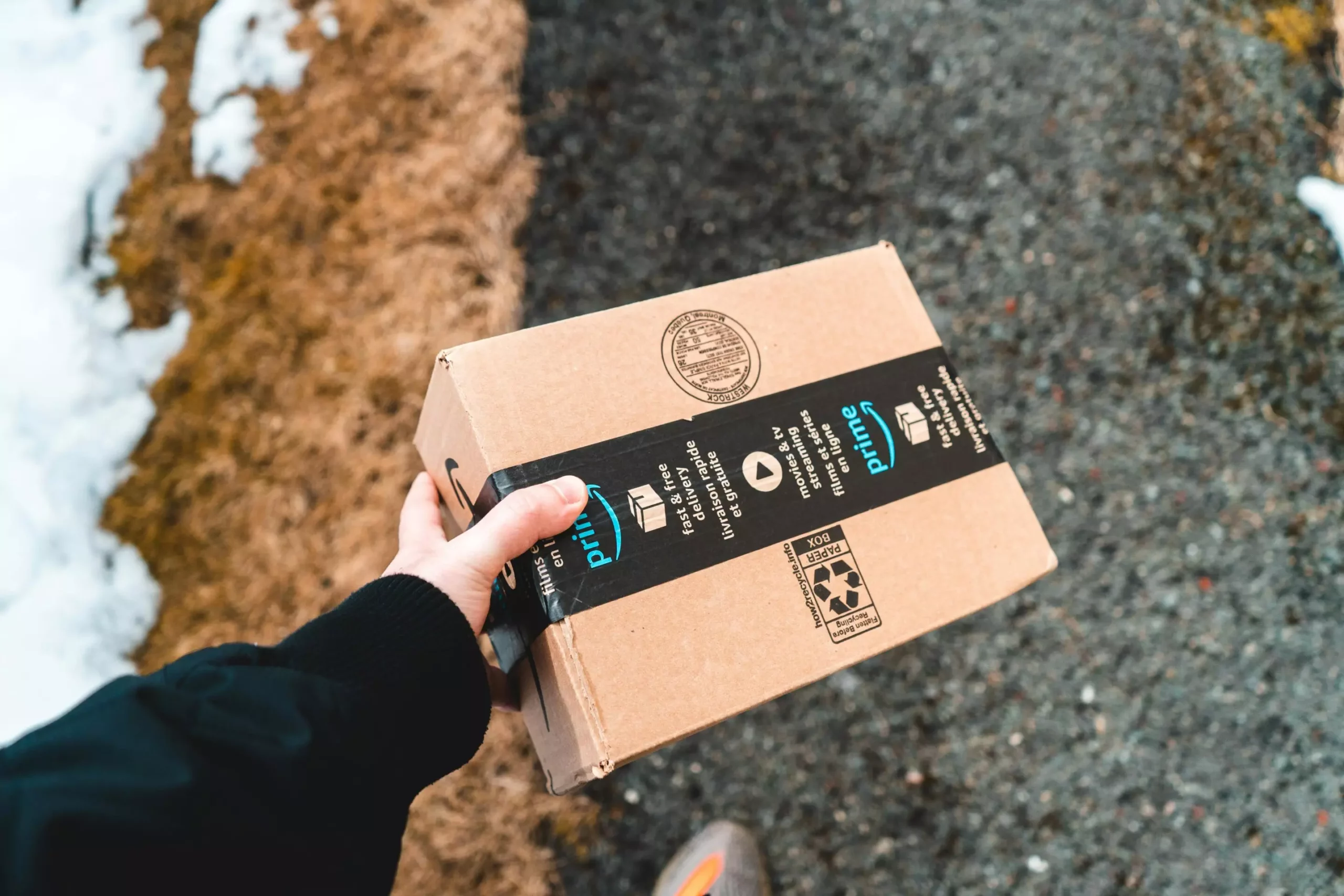In a groundbreaking decision, the National Labor Relations Board (NLRB) has determined that workers at a company that delivered packages for Amazon are, in fact, considered employees of the e-commerce giant. This ruling directly contradicts Amazon’s claim that it holds no responsibility for the subcontractor’s staff. The finding, issued by a regional director in Los Angeles, highlights various accusations made by delivery workers against Amazon, stating that the company unlawfully refused to recognize their decision to unionize and neglected to engage in negotiations with the union regarding workplace issues.
The delivery company in question, Battle-Tested Strategies, operated out of Amazon’s fulfillment center in Palmdale, California. Despite Amazon’s attempt to distance itself from the subcontracted drivers, the NLRB’s ruling affirms that Amazon had a significant level of control over the company, including threatening employees, requiring attendance at anti-union meetings, and failing to provide requested information to the union. The termination of the contract with Battle-Tested Strategies, which resulted in the loss of jobs for 84 drivers, further illustrates Amazon’s influence over the delivery company’s operations.
With this ruling, the NLRB has set a precedent that challenges Amazon’s longstanding position on its relationship with subcontracted drivers. By acknowledging Amazon’s legal obligation to bargain with its drivers over working conditions, the ruling paves the way for delivery drivers across the country to consider unionizing and demanding fair treatment from Amazon. Teamsters officials have hailed the decision as a victory for workers’ rights and have emphasized the importance of holding Amazon accountable for its treatment of employees.
Despite the NLRB’s ruling, Amazon maintains its stance that the Teamsters’ claims lack merit and that the company did not engage in unfair labor practices. Amazon spokesperson Eileen Hards dismissed the significance of the NLRB’s findings, stating that the majority of the Teamsters’ claims were already dismissed. However, the ongoing protests by Teamsters at Amazon facilities point to a broader discontent among workers regarding wages and working conditions. The refusal to acknowledge responsibility for these issues may further escalate tensions between Amazon and its employees.
The NLRB’s ruling represents an initial phase in the process of addressing allegations of unfair labor practices. If Amazon and the Teamsters fail to reach a settlement, the labor agency may issue a formal complaint based on its findings. This complaint would then be heard by an administrative law judge, who could enforce remedies against the company. The final decision could be appealed to the labor board in Washington, potentially leading to further legal action to hold Amazon accountable for its treatment of workers.
The NLRB’s ruling regarding Amazon’s delivery drivers marks a significant development in the ongoing debate over workers’ rights and corporate responsibility. The decision serves as a reminder that companies like Amazon must be held accountable for their treatment of employees and reinforces the importance of collective action in advocating for fair working conditions. As the implications of this ruling continue to unfold, it remains to be seen how Amazon will respond to the growing demands for improved labor practices within its operations.


Leave a Reply